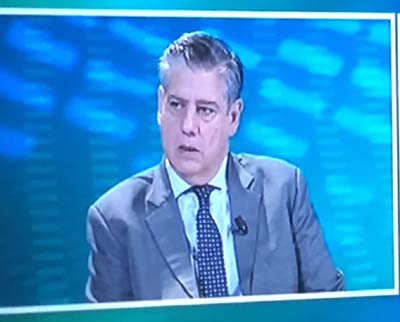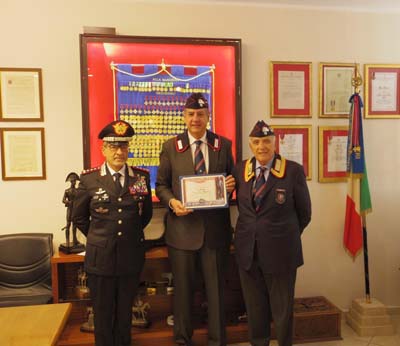
For Afghanistan, even the west must be self-critical: Ambassador Stefano Pontecorvo
Newswire
Rome: Nobody expected a vertical collapse of Afghan institutions, but the international community must also make a profound reflection on what happened after 2011.
Stefano Pontecorvo, Senior Civilian Representative of NATO in the land of kites, thinks of the last dramatic days he lived in Kabul and entrusts his analysis to Famiglia Cristiana, which published an extensive interview, signed by Annachiara Valle, in the September 9 issue on newsstands.
There is a lesson above all that this tragic epilogue to a twenty-year presence delivers to the West. “When you use the military tool in a crisis, when you start an operation like this you have to define why you go and what are the parameters to say that the action was successful and you can withdraw.”
“In Afghanistan, on the other hand,” Ambassador Pontecorvo observes, “we had four different objectives, some declared and others a little less. We went in to defeat Al Qaeda and the Taliban who had hosted it. We defeated the Taliban within six months and we killed Bin Laden in 2011. After that date we remained, with a military tool, to pursue political objectives. It does not work like that. And it has proved itself.”

Was Donald Trump’s Doha agreement between the Taliban and the United States a mistake?“I have no doubt personally that the peace treaty, let’s call it that, of February 2020 has contributed to making the position of the armed forces and the Afghan government more critical.
In addition, there was an almost complete misunderstanding of the situation on the part of President Ghani and those who were close to him, who believed that the NATO withdrawal would be a good thing because it would have to fight in the Afghan. He referred to himself as “commander in chief,” but he made gross errors of assessment. He did not understand the importance of the North and left him practically uncovered by troops. But, alongside the criticisms of the management of the Afghan government, we too, as an international community, must make some profound reflections
